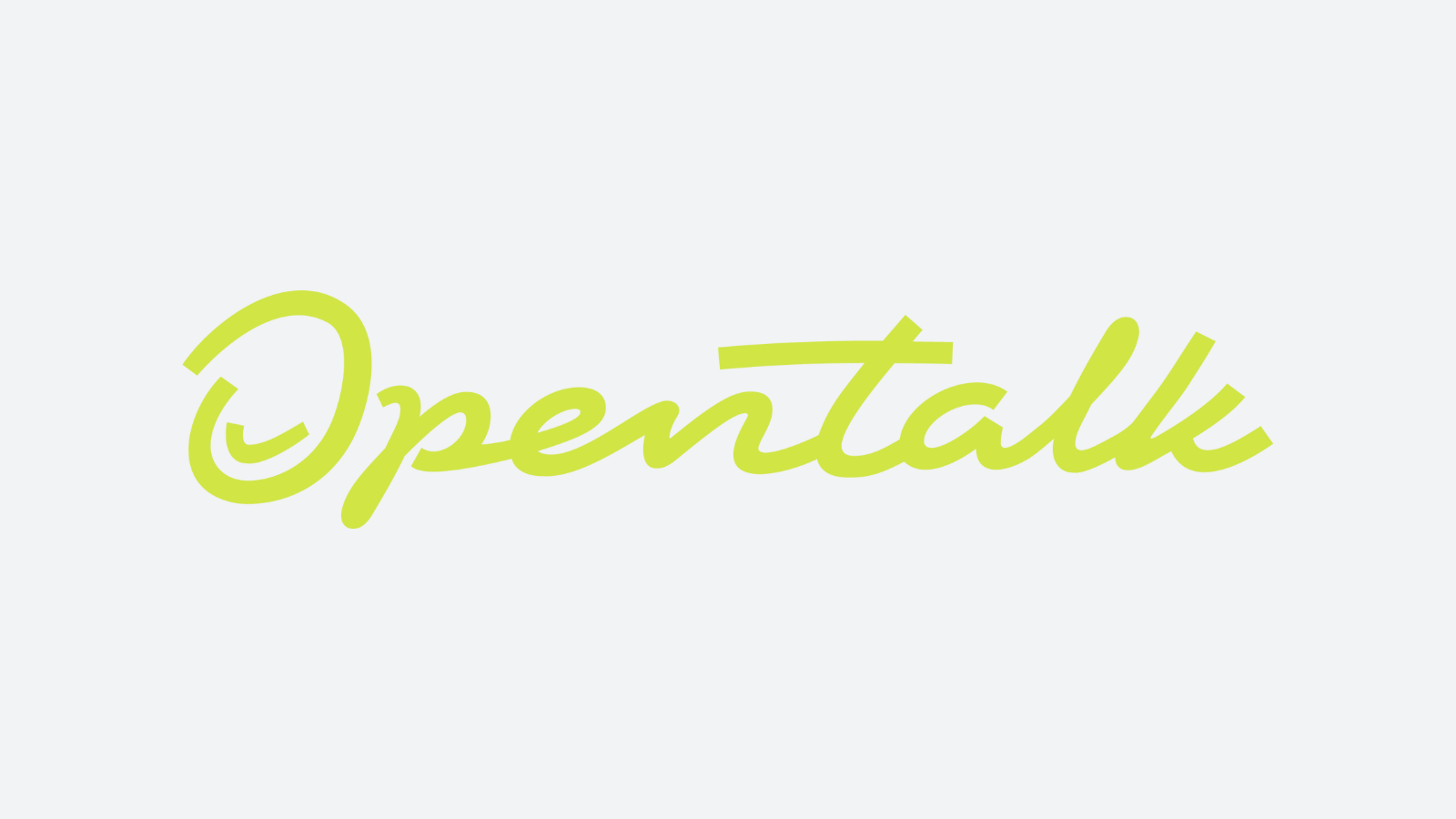Coalition agreement: digital sovereignty in uncertain times

The new geopolitical reality demands digital independence
The geopolitical situation is coming to a head, making Europe's dependence on foreign technology providers more apparent than ever. While the German government's coalition agreement formulates a clear commitment to digital sovereignty based on an open-source strategy, concrete implementation steps often fall short of expectations. This discrepancy between political aspiration and reality is increasingly becoming a security risk for German authorities and companies.
The political dimension of digital dependency
Technological dominance has long since acquired strategic importance on the international political stage. Control over critical communication infrastructures can be used as a means of geopolitical pressure. At the same time, the US CLOUD Act allows American authorities to access data from European organizations under certain circumstances – even if it is stored in Europe.
In this context, the true significance of the coalition agreement becomes apparent: the commitment to digital sovereignty is not a technical subtlety, but a fundamental question of national security and political capacity to act.
Proprietary communication solutions as a security risk
The market-dominating video conferencing solutions such as Zoom, Teams or Webex represent a critical dependency. As “black box” systems, they do not allow for a transparent review of the source code for security vulnerabilities or backdoors. The lack of insight into how the software actually works creates uncertainty about what data is collected, stored and potentially shared.
In addition, global IT failures have impressively demonstrated the vulnerability of centralized, proprietary solutions. A single error can have far-reaching consequences for critical infrastructures – from banks to hospitals to government agencies.
OpenTalk: The practical implementation of the coalition agreement
With the open-source video conferencing solution OpenTalk, a concrete alternative is available that meets the requirements of the coalition agreement. Developed in Germany, OpenTalk offers:
- Complete transparency: The open source code enables independent verification for “backdoors” and security vulnerabilities.
- Guaranteed data sovereignty: By hosting in German data centers, sensitive communication data remains under European jurisdiction.
- European independence: Development and operation are carried out entirely in Europe, independently of political influences from abroad.
Putting the coalition agreement into practice
The vision of a “digitally networked and resilient Germany” formulated in the coalition agreement must not remain a declaration of intent. The federal government wants – and needs – to set ambitious goals for open source in order to make up for the failures of recent years. Central to this is the increased cooperation with specialized IT service providers in a true partnership at eye level. This means:
- Fair tenders for open source solutions
- Joint development according to the principle “Public Money - Public Code”
- Targeted investments in the development of a sovereign IT infrastructure
Leveraging the strength of the German open source midmarket
Over the decades, Germany's open-source mid-sized companies have specialized and now have the expertise needed to build an independent IT infrastructure. Companies like the Heinlein Group, with its range of products – OpenTalk for video conferencing, mailbox.org for email and OpenCloud for file sharing – demonstrate that a complete ecosystem for sovereign digital communication is already available.
Contrary to common reservations, modern open-source solutions are in no way inferior to proprietary systems. OpenTalk sets new standards for productive communication with its features – and thus proves that digital sovereignty does not require any compromises in functionality or user-friendliness.
Act now: digital sovereignty begins now
Digital sovereignty is non-negotiable – it must be actively defended. The coalition agreement has set the right direction, but implementation must happen now. Geopolitical developments underscore the urgency: Relying on proprietary software from the US today risks compromising critical communication infrastructures tomorrow.
Germany has a lot of catching up to do when it comes to digital sovereignty. Building a resilient, independent IT infrastructure is of central importance both politically and economically. Funds from the special assets must also be invested in the development of sovereign software solutions that sustainably create value and are an indispensable basis for the digitization of the state.
The German government must not get lost in multi-billion euro large-scale projects again, which often have little lasting effect. Instead, it should rely on proven, ready-to-use solutions such as OpenTalk, which are already making the vision of the coalition agreement a reality.
Conclusion: The path to digital sovereignty is now clear
The coalition agreement has formulated the vision – with OpenTalk, the practical implementation is ready. Authorities and security-conscious companies have the opportunity to take a concrete step towards digital sovereignty. The political and technical course has been set – now it is up to the decision-makers to consistently follow this path.
Don't let others determine how you communicate. Choose OpenTalk – the sovereign video conferencing solution for an independent digital Germany.
More articles
Digitaler Staat 2026: Digital sovereignty for the administration of the future
OpenTalk will once again be represented with its own stand alongside OpenCloud, presenting solutions for secure, scalable and sovereign video conferencing systems.
Secure video conferencing with OpenTalk: Technical measures for administrators
OpenTalk, the European video conferencing solution, offers administrators a customisable, scalable and secure platform that is specifically tailored to the needs of public authorities and businesses.